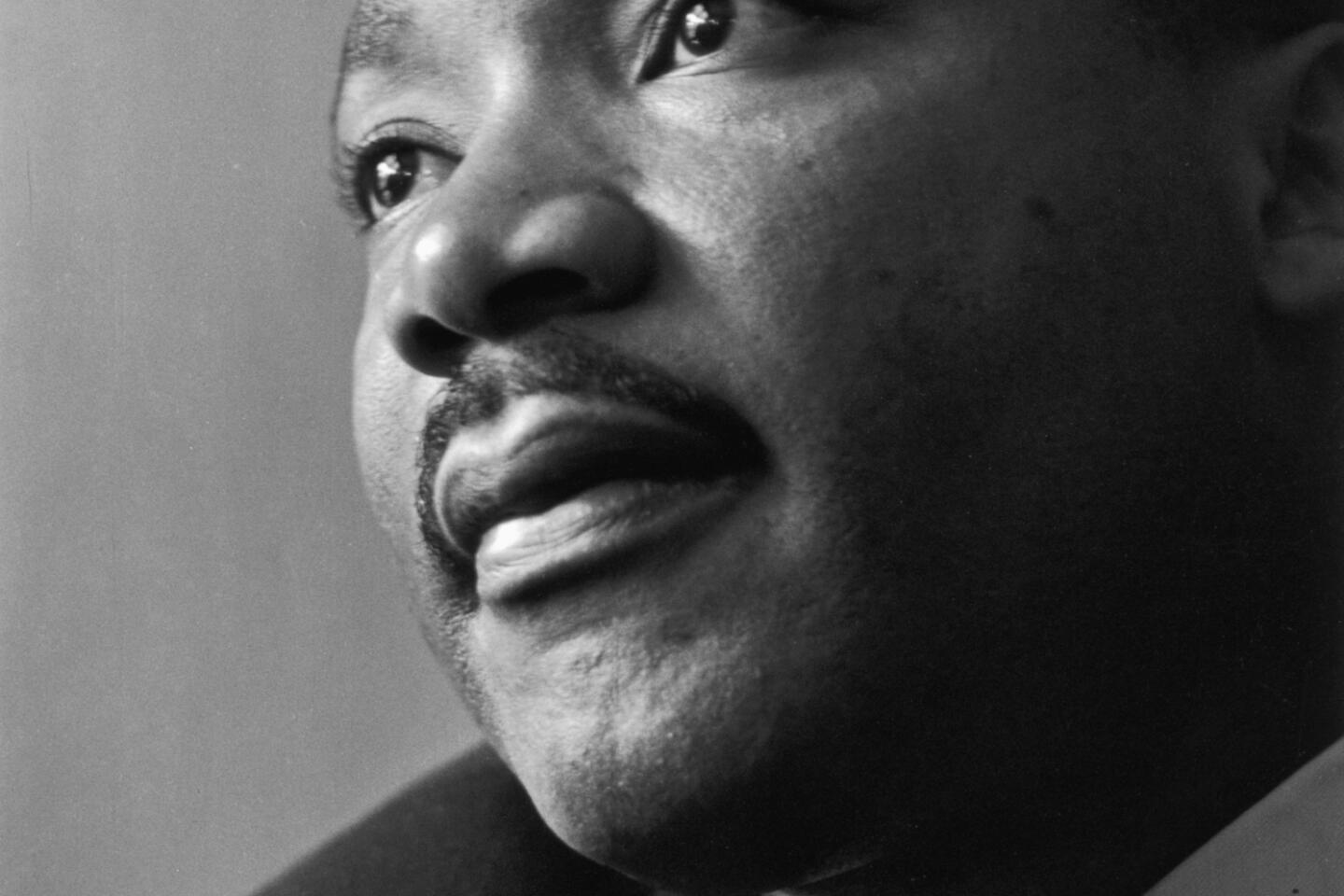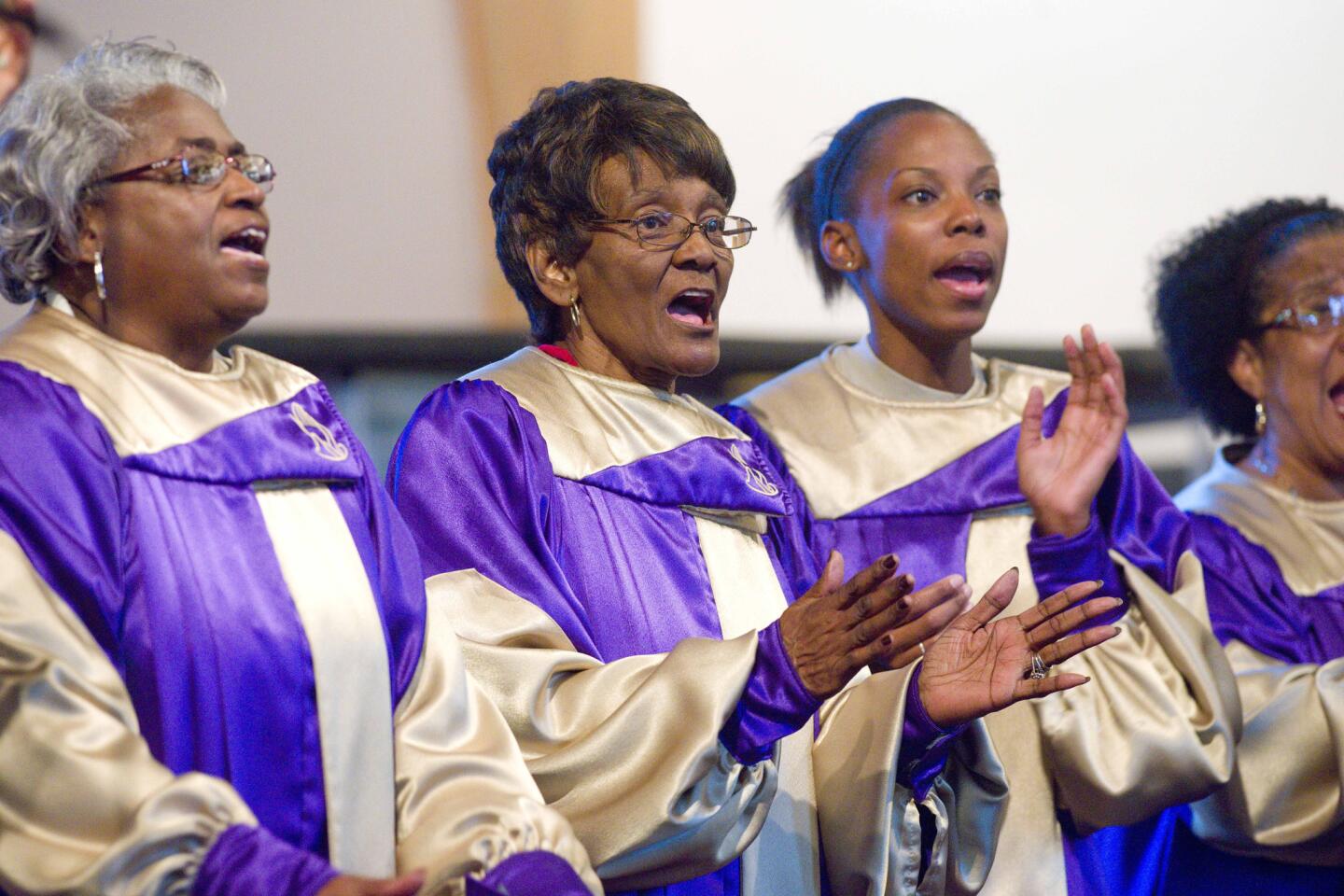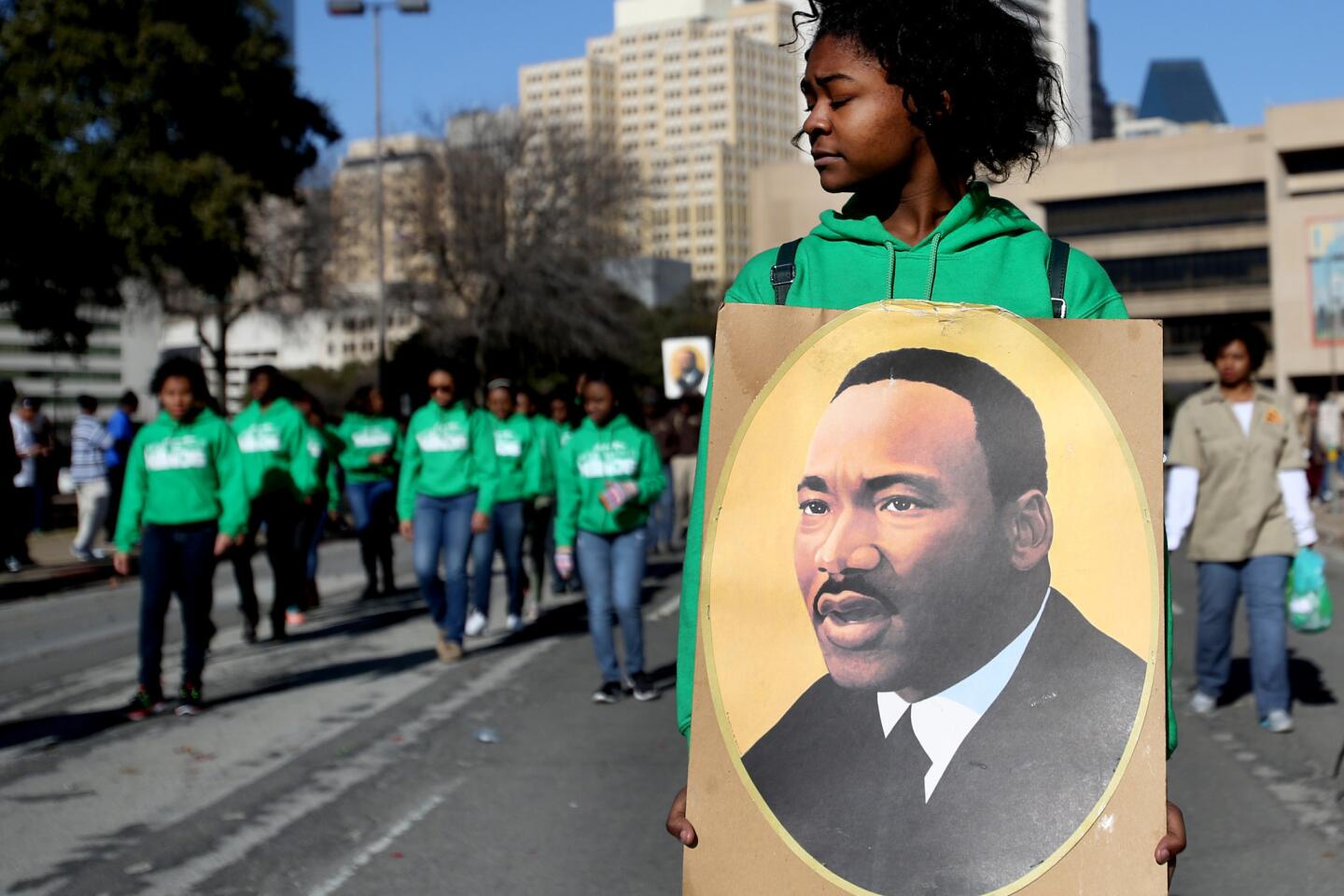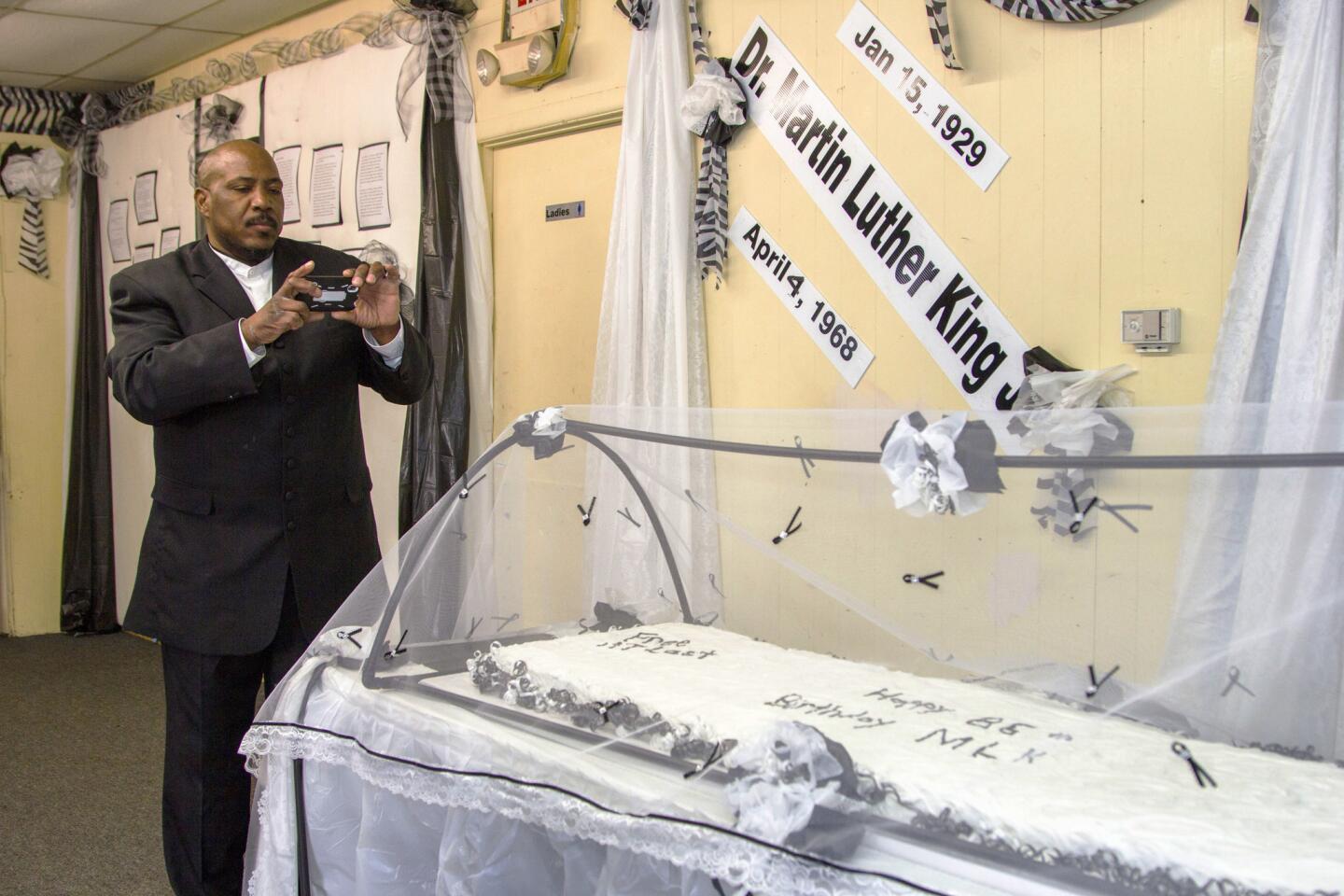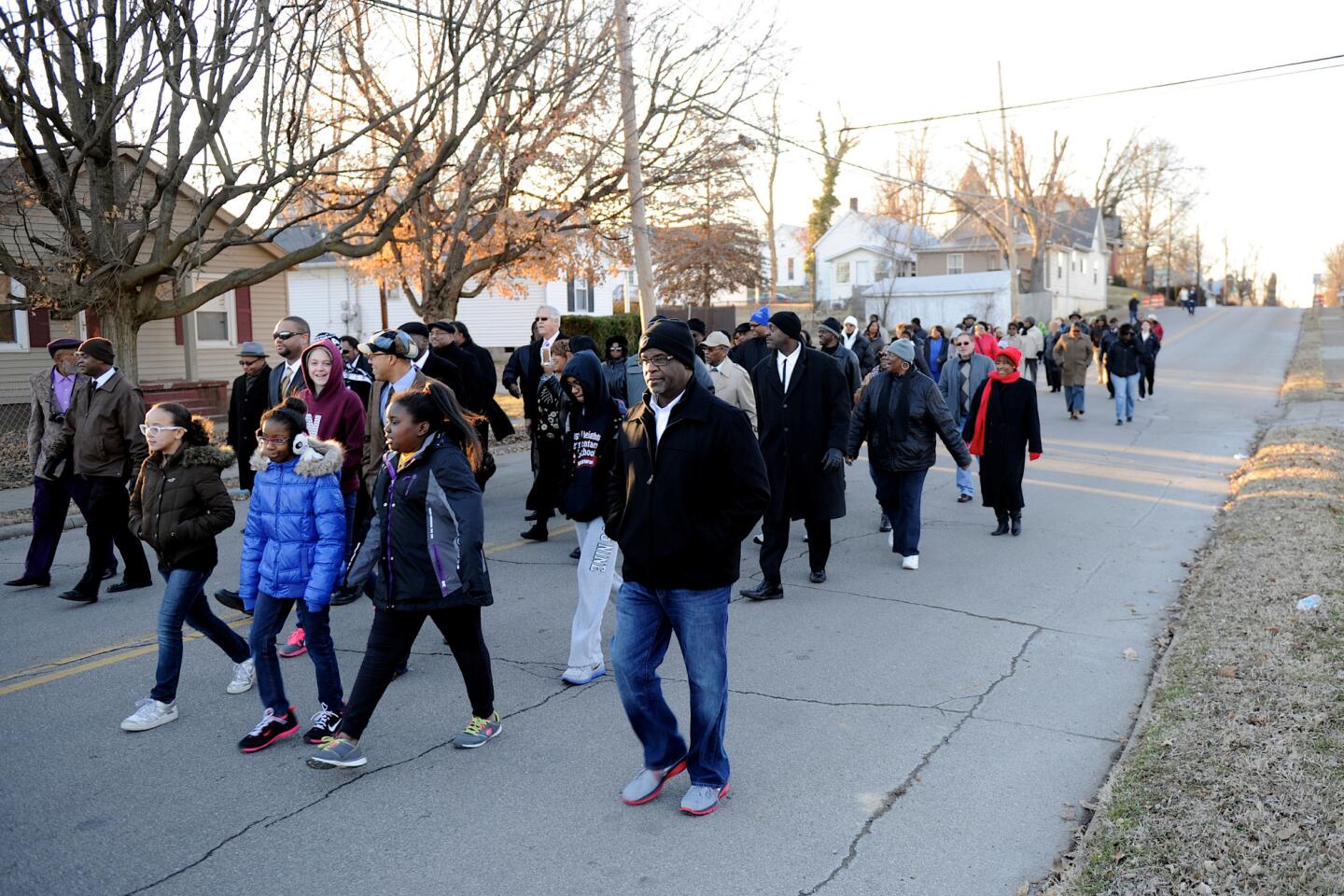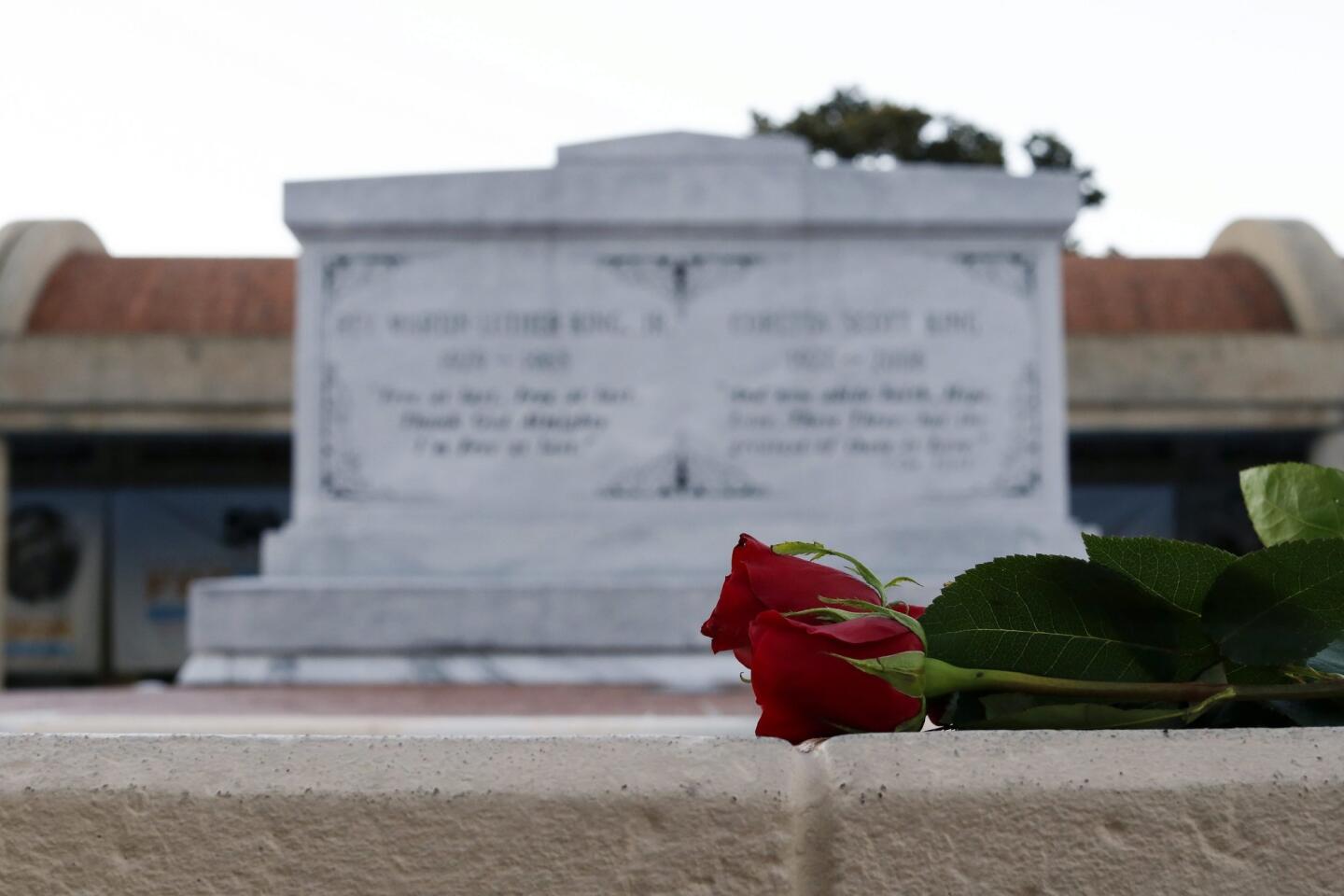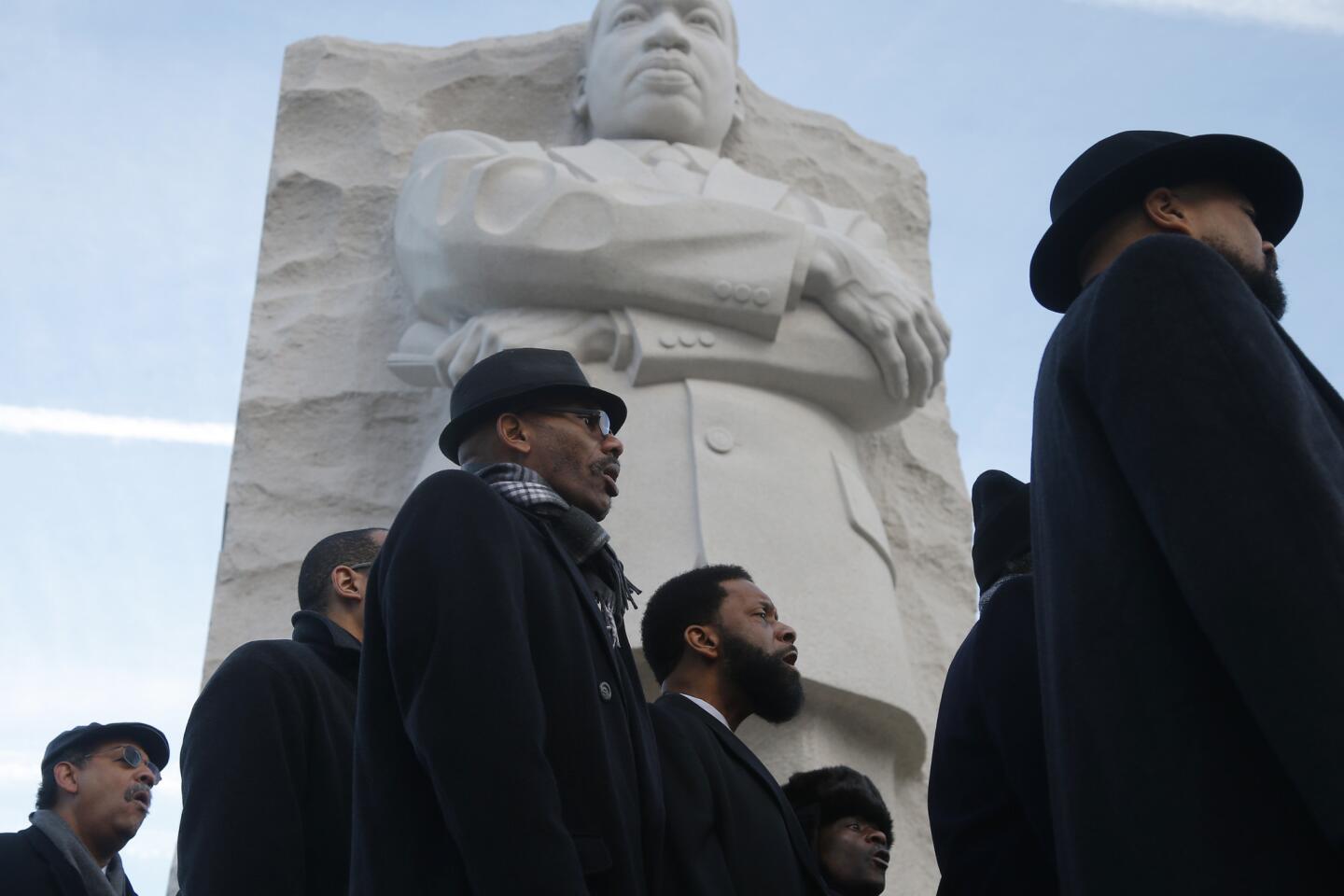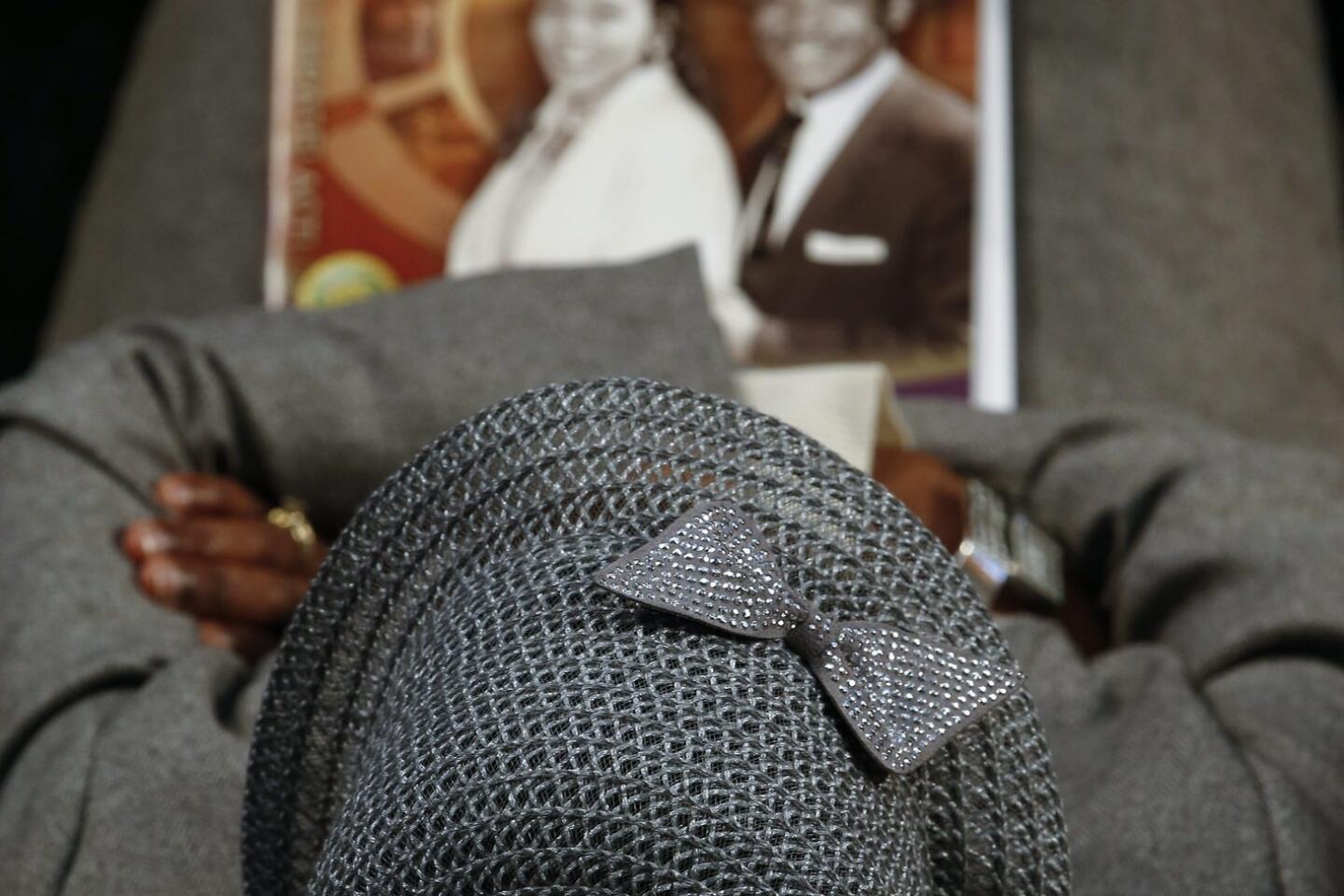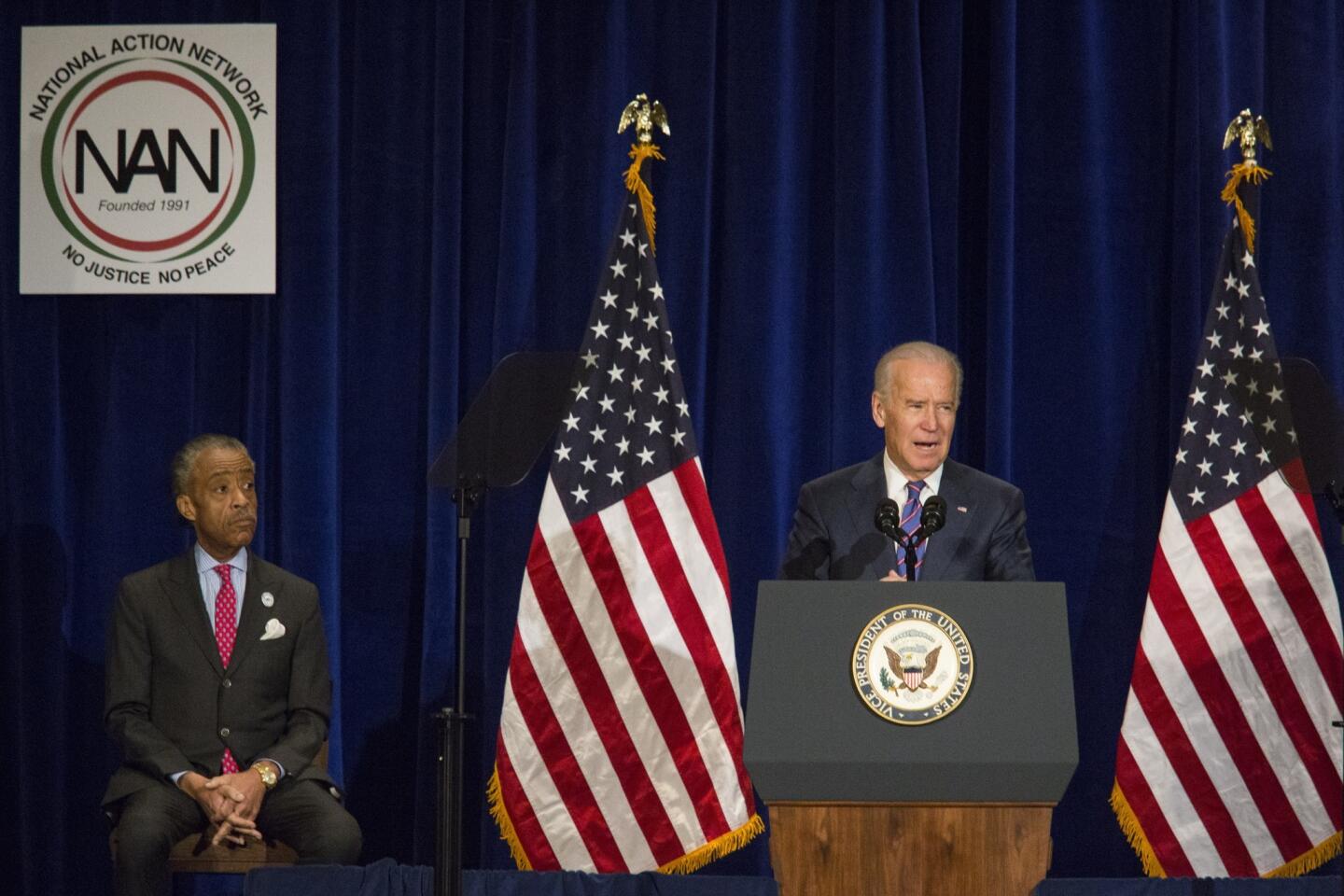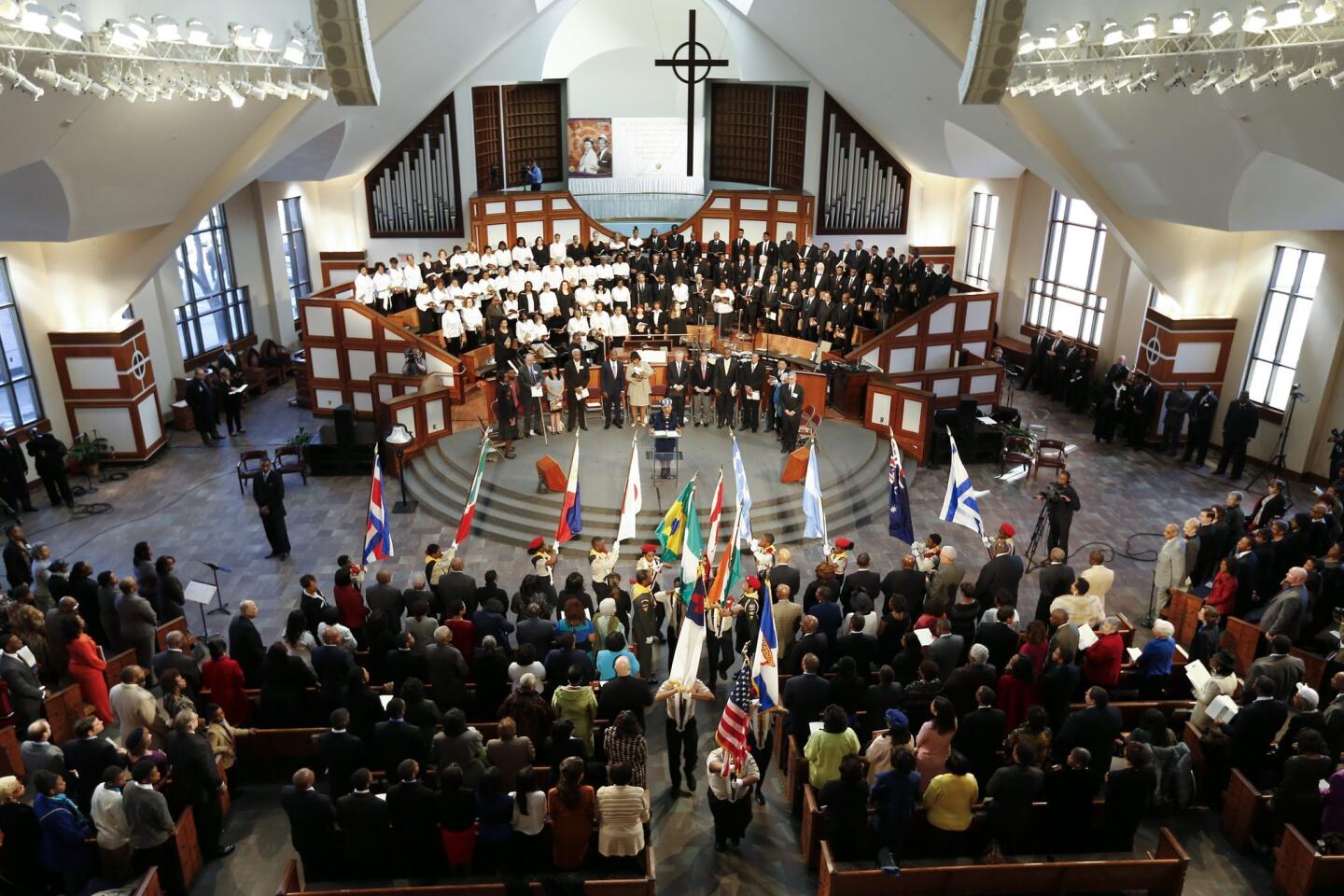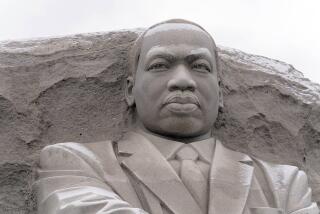Martin Luther King Jr.: A lesson in freedom for conservatives and libertarians
One of the great ironies of history and contemporary politics is that the word “freedom,” so central to Martin Luther King Jr.’s life’s work, has largely come to be associated with conservative and libertarian groups whose use of the word bears little relationship to the ideals for which King struggled.
The libertarian worldview frames freedom in opposition to government. But while King did indeed battle oppressive government under Jim Crow, his struggle was not only against that government; he also championed freedom from private sector discrimination, freedom from poverty and freedom from citizens who would use the guise of taking the law into their own hands to lynch African Americans. So while anti-government right-wingers today tend to shout about freedom until they’re blue in the face, their conception of the word is so narrow and shortsighted that it actually becomes corrosive to our politics and culture.
In fairness, conservatives and libertarians are not wrong in their assessment that most government actions do, in some way, represent a restriction of freedom. When a government raises taxes on a wealthy individual, that individual is, to some degree, less free. When a business is required by government regulation to meet certain requirements, it is less free as well.
What libertarians and conservatives typically fail to recognize, however, is that freedoms do not exist in a vacuum and no freedom is absolute. Instead, real freedoms almost always require trade-offs. When a business is forced to serve any patron regardless of race, the business owner loses the freedom to discriminate — a freedom defended in King’s time by conservative standard-bearer Barry Goldwater and more recently by Rand Paul. On the other hand, once that freedom to discriminate was denied by the Civil Rights Act of 1964, a large group of people gained the freedom to patronize whatever establishment they chose.
The question is whether that trade-off of freedom is worthwhile. I suspect that most Americans would believe it’s a fair trade, especially considering that market forces were demonstrably not enough to defeat Jim Crow.
Poverty and lack of economic opportunity represent a type of denial of freedom as well. If a child cannot access the kind of education that will allow her to make a living, she is less free. If the government taxes the income of a wealthy individual to pay for the education that can liberate that child, it becomes a matter of judgment whether the freedom lost at the top of the economic ladder has been justified by the increase of freedom at the bottom of it. That is an area where people of good conscience can disagree, but to express outrage over the “tyranny” of taxation without acknowledging the freedom government also provides is foolhardy at best and dishonest at worst.
Inevitably, conservatives and libertarians argue that they support helping the poor but not through the apparatus of the state, that such efforts are better served through private charity. The problem is that charity can achieve only a fraction of the service to the poor that government does. Indeed, government intervention is literally the only thing that has prevented an explosion of poverty in the last 50 years. If we are to understand poverty as a denial of freedom, that means government assistance to the poor has done a great deal to provide freedom, even if that freedom has been financed by taxation on the wealthy — who still seem to be pretty free to me.
Finally, many conservatives and libertarians advocate even the freedom of individuals to take the law into their own hands, typically through some combination of “stand your ground” laws and extreme readings of the 2d Amendment. Shirts that read “I don’t call 911” are hot items at gun shows, and efforts to regulate 2nd Amendment rights are routinely branded as tyranny. But as the Jim Crow era proved, there is also tyranny in anarchy, as black communities were terrorized by their well-armed white neighbors. The government can provide freedom by taking the law out of the hands of vigilantes.
The truth is, there are already societies where taxes are very low, where government spending is a tiny fraction of GDP, where care for the poor from health to education is handled by private charities, and where law enforcement, such as it is, is largely maintained through personal firearms: Those societies are in sub-Saharan Africa. It is surprising to see how the American conservative movement, which has had such a complicated history with African Americans, has in effect come to endorse the basic tenants of sub-Saharan African-style government.
Ultimately, the ultra-limited anti-government notion of freedom that gets promulgated by conservatives, libertarians and the tea party is dangerous because it rejects the social compact to which we owe so much of our liberty. It is so obsessed with one kind of freedom — freedom from government — that it overlooks other kinds of freedoms that are just as essential.
It is now contingent on those who wish to honor King’s legacy to take back the word “freedom” and reassert the broader vision of it to which he gave his life.
ALSO:Is it too soon for Martin Luther King Day sales?
Sochi suicide-bomber threat: The Olympics aren’t worth it anymore
A plea to hunter Corey Knowlton: Don’t shoot endangered black rhino
Joel Silberman is a Los Angeles-based writer and the producer of such viral Web videos as “Legitimate Rape” Pharmaceutical Ad (TW) and Kids Do The News. Follow him on Twitter @Wordpeggio.
More to Read
A cure for the common opinion
Get thought-provoking perspectives with our weekly newsletter.
You may occasionally receive promotional content from the Los Angeles Times.
